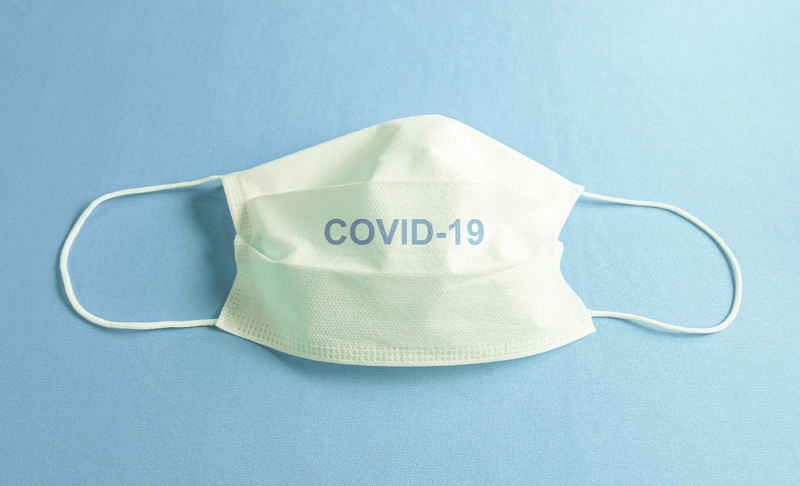By: Annie Priya
July 17 2021

Scientific evidence shows that wearing a face mask can protect against COVID-19 by reducing the spread of respiratory droplets and aerosols.
Scientific evidence shows that wearing a face mask can protect against COVID-19 by reducing the spread of respiratory droplets and aerosols.The Centers for Disease Control and Prevention (CDC) recommends that everyone, including healthy people, wear masks over their mouths and noses when leaving their homes and going to places where it is difficult to practice social distancing. Early in the pandemic, the World Health Organization said that there was a lack of evidence on the effectiveness of face masks. However, in June 2020, the organization changed its guidance as newer evidence emerged highlighting the significant effectiveness of face masks. Masks effectively prevent the coronavirus spread as they can avoid larger expelled droplets from evaporating into smaller droplets that can travel farther. A study by a team of researchers led by a Texas A&M University professor found that not wearing a face mask can dramatically increase a person's chances of being infected by the COVID-19 virus. N95 respirators and surgical masks are personal protective equipment used to protect the wearer from airborne particles. The CDC recommends using at least two layers of fabric that completely cover the face and nose. In addition, it also recommends preventive actions, such as hand washing and maintaining at least 6 feet of social distancing to help prevent the spread of respiratory diseases. The COVID-19 pandemic has given rise to a lot of potentially dangerous misinformation. For reliable advice on COVID-19, including symptoms, prevention, and available treatment, please refer to the World Health Organization or your national healthcare authority.